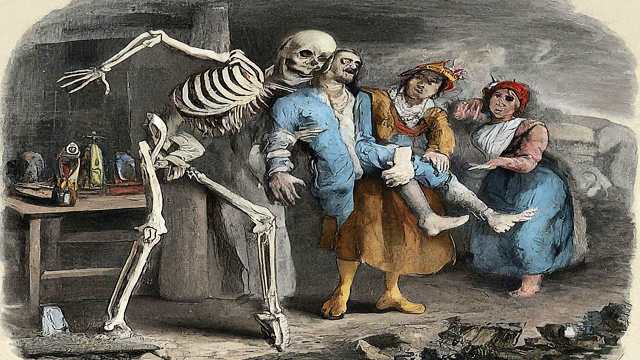Poor Things: Yorgos Lanthimos’ Uncompromising Cinematic Odyssey
Yorgos Lanthimos, the mastermind behind the absurdist wonders like “The Lobster” and “The Favourite,” has once again left critics buzzing with his latest creation, “Poor Things.” In this gender-flipped comedy version of Frankenstein, Lanthimos crafts a visually arresting and thematically rich narrative, elevating Emma Stone to new heights in her role as Bella Baxter.
Bella, a character of Victorian origin, undergoes a bizarre transformation after a chance encounter with the mad scientist Godwin Baxter, portrayed by Willem Dafoe. Lanthimos weaves a tale where Bella emerges into the world as an adult with the brain of a child, evading the societal norms and expectations that accompany adulthood. The narrative takes unexpected turns, with Bella’s unconventional choices leading her to Lisbon, Alexandria, and Paris, challenging societal norms at every step.
“Poor Things” doesn’t shy away from the unconventional. The film features peculiar scenarios, black-and-white scenes, fish-eye lens perspectives, and a nerve-drilling musical score. The explicit sex scenes, coupled with Stone’s portrayal of Bella navigating her adult body with a child’s brain, create a unique viewing experience.
The visuals are equally eccentric, with disfigured scientists, peculiar pets, and deliberately artificial landscapes. Dafoe’s character, burdened with idiosyncrasies like burping bubbles, adds to the film’s surreal ambiance. The supporting cast, filled with oddballs and grotesques, enhances the heightened and arch nature of the performances.
Ruffalo, in particular, delivers a standout performance as Duncan, a controlling figure whose ego crumbles as Bella resists conformity. Christopher Abbott’s portrayal of Bella’s former husband, Alfie Blessington, adds another layer to the exploration of controlling masculinity.
Beneath the enjoyable madness lies thematic depth. Bella’s journey, viewing the adult world with fresh eyes, prompts the audience to reconsider their perspectives. The film delves into issues of control, conformity, and societal expectations, using Bella’s refusal to conform as a lens to explore these themes. The parallels with Frankenstein’s creature add layers to the narrative, drawing attention to society’s obsession with beauty and the struggles of those who refuse to conform.
Emma Stone’s performance is nothing short of phenomenal. As a producer of the film, she throws herself into challenging scenes with gusto, earning accolades and paving the way for potential awards. While the film occasionally reaches beyond its grasp, Stone’s brilliance anchors it, making “Poor Things” a compelling cinematic experience.
In the hands of Yorgos Lanthimos, “Poor Things” becomes a journey of self-discovery, resistance against societal norms, and a reflection on the absurdities of life. With its unique vision, thematic richness, and outstanding performances, “Poor Things” stands as a testament to Lanthimos’ prowess as a filmmaker and Emma Stone’s versatility as an actor.






















